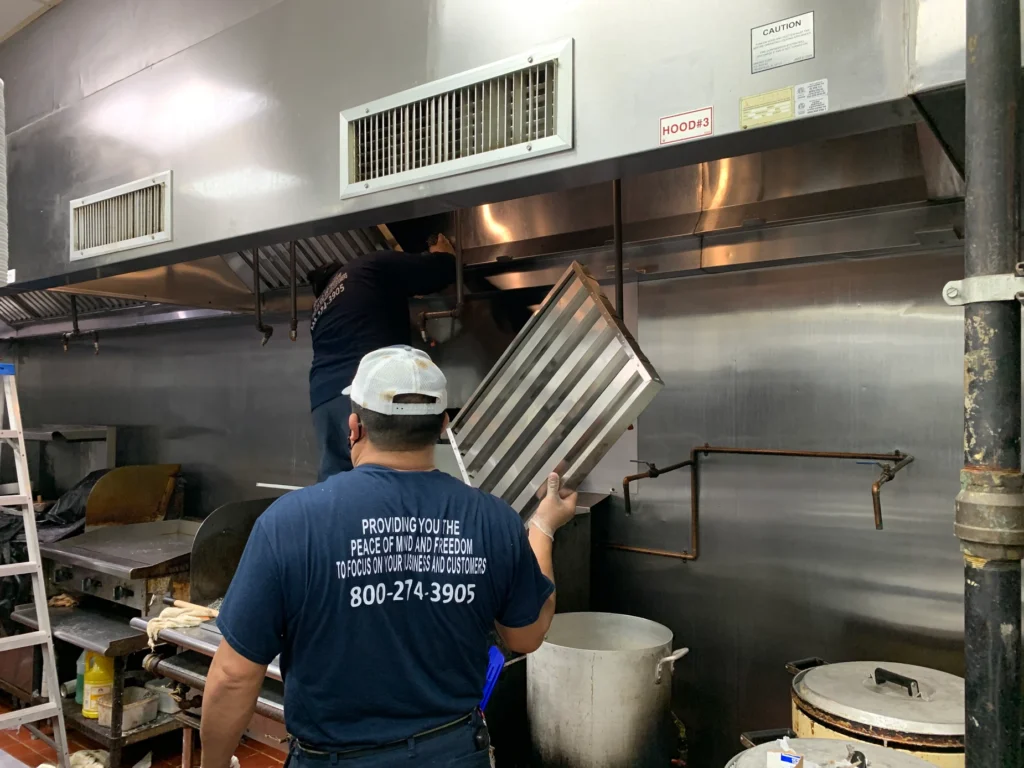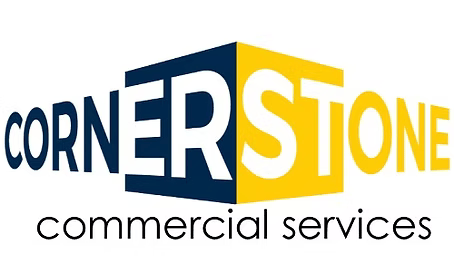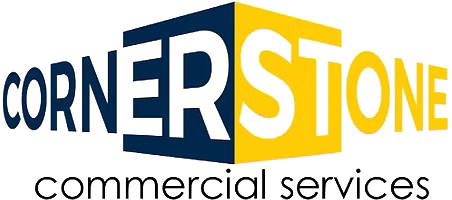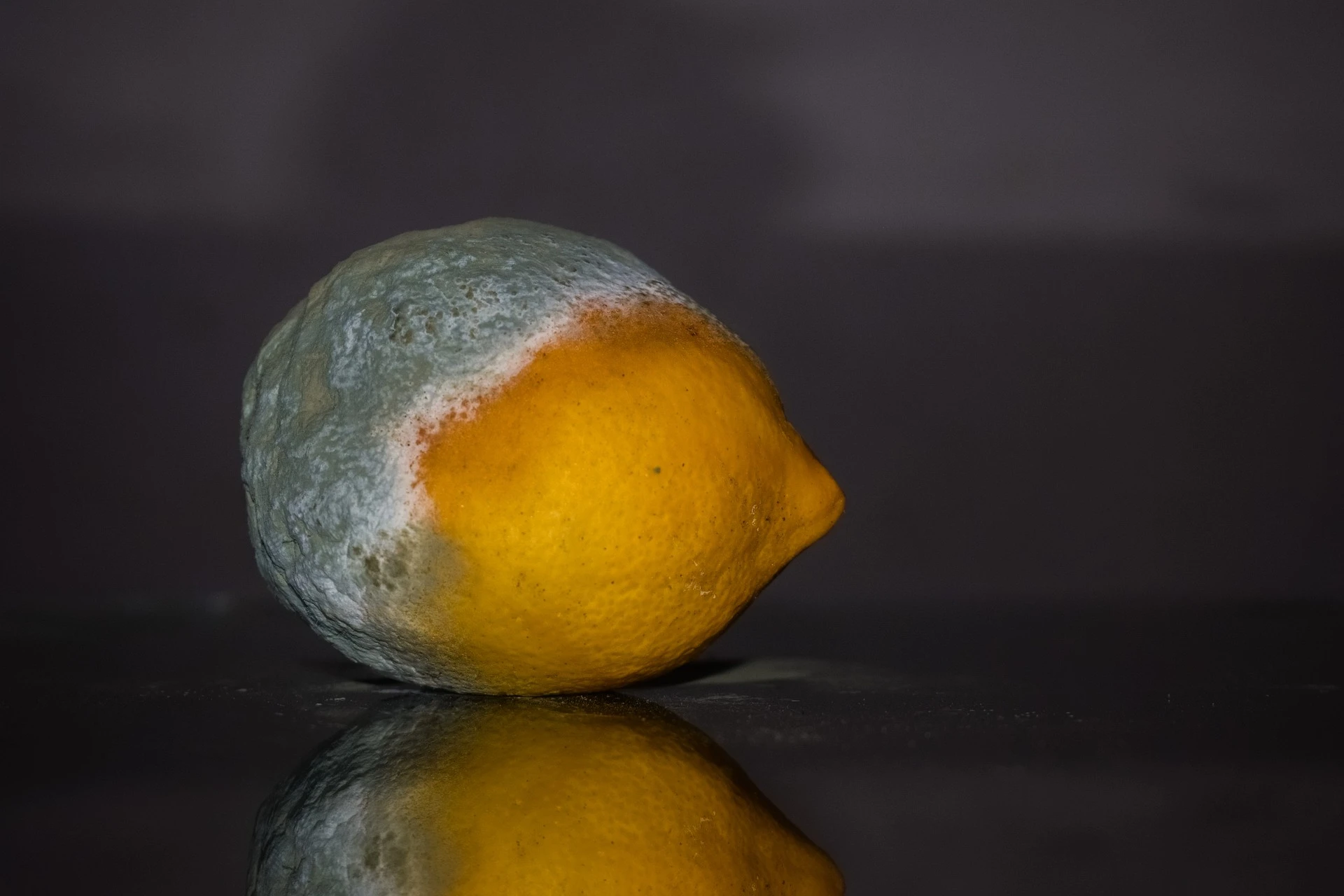In commercial kitchens, preventing mold and mildew growth is the only way to ensure food safety and maintain hygiene standards. Beyond food and safety, it can also spread to your equipment, and once it has, it can be very expensive to fix, if even possible. After all, these fungal contaminants thrive in warm, moist environments, posing significant health risks to both customers and staff.
Understanding mold and mildew
Understanding mold and mildew is necessary for maintaining a clean commercial kitchen environment. After all, they thrive in warm, moist conditions, making commercial kitchens with high humidity levels particularly susceptible.
Therefore, regular cleaning and maintenance, including professional commercial kitchen deep cleaning services, are required to prevent infestations.
Similarly, you must ensure that everyone under your employ understands exactly how harmful these problems are! That is because they affect much more than just the perception of your restaurant and can actively endanger the lives of your guests and employees.
The reason behind the importance of preventing mold and mildew growth
Prevention is key to maintaining a growth-free commercial kitchen environment.
Firstly, by hiring professional restaurant kitchen cleaners regularly, you can ensure thorough cleaning and maintenance. This proactive approach naturally reduces the risk of infestation. Likewise, preparing your restaurant for a health inspection becomes more manageable when preventive measures are in place.
Regular cleaning is another great way to improve hygiene and prevent potential health code violations. Investing in preventive measures saves time and money in the long run by avoiding costly repairs and penalties.

Proper (clean) ventilation
Proper ventilation is extremely important for preventing mold and mildew growth in commercial kitchens. Efficient ventilation systems help remove excess moisture and odors, creating a healthier environment!
Regularly maintaining exhaust hoods, ductwork, and filters ensures optimal airflow. By improving air circulation, ventilation reduces the chances of moisture buildup on surfaces. That inhibits mold growth and enhances overall air quality.
Investing in quality ventilation systems is also a proactive measure that pays off in the long run. Especially since it helps maintain compliance with health regulations and promotes a pleasant dining experience for customers! In fact, proper ventilation even contributes to the longevity of kitchen equipment by minimizing corrosion and rust.
Sealants and waterproofing
Sealants and waterproofing prevent moisture intrusion in commercial kitchens.
By sealing cracks and gaps in walls, floors, and ceilings, you create a barrier against water penetration. Applying waterproof coatings to vulnerable surfaces further enhances protection against moisture. These measures deter mold and mildew growth and prolong the lifespan of kitchen infrastructure! In addition, sealants and waterproofing also contribute to maintaining hygiene standards by preventing bacterial growth in damp areas.
Still, regular inspection and maintenance of sealed surfaces ensure their effectiveness in preventing water damage!
Storage and organization
Proper storage and organization are a basic necessity for eliminating mold and mildew. That is because efficiently arranging items reduces clutter and promotes airflow, minimizing the risk of moisture accumulation.
Storing food in airtight containers also helps maintain freshness and prevents contamination. From there, regularly cleaning and sanitizing storage areas further contributes to hygiene standards.
Likewise, investing in shelving and refrigeration units designed for easy cleaning and maintenance can mitigate mold growth.
Notably, if something goes wrong, you must immediately look for packing, moving, and storage assistance. In this case, Pack & Go Movers NY is a good option. This experienced moving company can quickly move all your items out of the affected storage and into a suitable holding facility until you take care of things and are ready to move them back in!
These proactive measures ensure a clean, organized environment conducive to food safety and hygiene.

Regular cleaning and maintenance
Regular cleaning and maintenance are a straightforward way to combat mold and mildew and will protect your kitchen equipment from irreversible damage.
A routine cleaning schedule ensures that all surfaces and equipment are thoroughly sanitized. Overnight maintenance is particularly important because it enables deep cleaning and disinfection without disrupting daily operations. From there, utilizing commercial-grade cleaning products and equipment enhances the effectiveness of cleaning efforts. In addition, attention to overlooked areas such as drains and crevices helps prevent mold growth and moisture buildup.
Implementing a checklist for cleaning tasks can also ensure comprehensive coverage and accountability among staff members. Of course, consistency is key in combating mold and mildew, as proactive measures are more effective than reactive solutions!
Inspecting for leaks and water damage
Inspecting for leaks and water damage is crucial for preventing infestations.
Regular checks of plumbing fixtures, sinks, and refrigeration units help identify potential sources of moisture. Promptly addressing leaks further prevents water from accumulating and creating an environment conducive to growth.
As such, implementing a proactive approach to maintenance reduces the risk of costly repairs and health code violations. Similarly, you can maintain a clean and hygienic environment by staying vigilant and addressing issues promptly.
Lastly, hiring professional plumbers or maintenance technicians to conduct thorough inspections can provide peace of mind and ensure comprehensive coverage.
Employee training and awareness
Employee training and awareness are important components of preventing problems of every kind in commercial kitchens. After all, educating staff members about the importance of cleanliness and hygiene fosters a culture of responsibility.
Training sessions should cover proper cleaning techniques and be complemented with commercial kitchen deep cleaning services as practical examples of good practices. Similarly, employees should be trained to recognize signs of harmful growth and promptly report any issues.
Empowering staff with the knowledge and skills needed to maintain a clean environment reduces the risk of contamination. Besides, fostering a sense of ownership among employees encourages them to take proactive measures to prevent problems!
Regular reinforcement of training through reminders and updates further ensures that hygiene standards remain a priority.
Using mold-resistant materials
Using mold-resistant materials is a proactive measure in preventing growth in commercial kitchens.
These materials are specifically designed to inhibit the growth of undesirable elements, reducing the risk of contamination. Examples include moisture-resistant drywall, anti-microbial coatings, and mold-resistant paints.
As such, incorporating these materials into kitchen construction and renovation projects helps create a hygienic environment. Besides, these materials are durable and long-lasting, minimizing the need for frequent replacements!
Implementing the ways to keep your kitchen safe
In conclusion, preventing mold and mildew growth in commercial kitchen environments is of the utmost importance! By following our tips, you can mitigate the risk of contamination, equipment damage, uphold hygiene standards, and maintain a pristine kitchen environment and reputation.
When you’re ready to take cleaning to the next level and REALLY deep clean your commercial kitchen, give Cornerstone Commercial Services a call for your FREE onsite estimate. 1-800-274-3905






Comments are closed